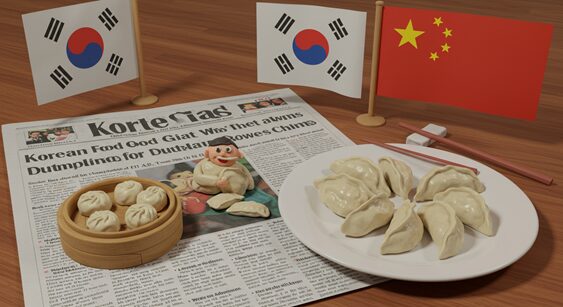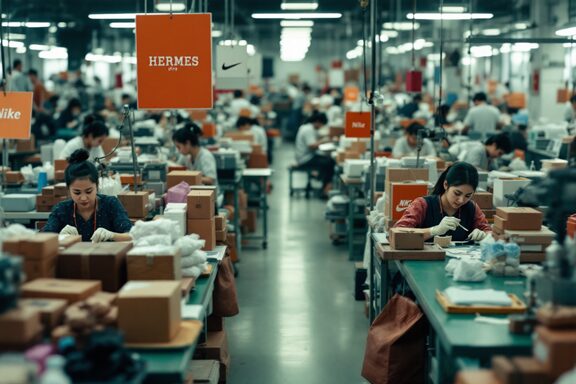Trump’s Steel Tariffs: How Korean Exports Are Taking a Direct Hit
The impact of Donald Trump’s latest protectionist policies is reverberating through South Korea’s industrial sector as newly imposed tariffs begin to show their effects on trade data. Korean steel and aluminum shipments to the United States have dropped significantly since March, marking what could be the beginning of a challenging new trade relationship. What does this mean for Korean manufacturers and the future of bilateral trade relations?
Tariff Implementation Delivers Immediate Impact
The Trump administration’s decision to end previous quota arrangements has created an immediate negative effect on Korean export volumes.
- Trump terminated existing import quota and tariff exemption measures on March 12, imposing blanket tariffs of 25% on steel products and 10% on aluminum products worldwide
- Korean steel exports to the US in March fell to $304 million, a substantial 18.9% decrease compared to the same period last year
- Aluminum exports during the same period dropped to 96,844 tons, representing a 4.7% year-over-year decline
Automotive Sector Bears the Brunt
The automotive industry, a critical component of US-Korea trade relations, has been particularly affected by these tariff measures.
- Steel plates for automotive use saw an even steeper decline, with exports plummeting by 26.5%
- The drop coincides with broader weakness in the US automotive industry, creating a compound negative effect on Korean suppliers
- This sector-specific impact demonstrates how tariffs can disproportionately affect integrated supply chains in manufacturing
Strategic Industry Responses Emerge
Korean steel companies are developing both short and long-term strategies to navigate this challenging trade environment.
- Industry analysts expect this export decline to be more than a temporary phenomenon as tariffs directly undermine price competitiveness
- Some Korean steel companies are planning to expand local production in the US as a countermeasure
- Hyundai Steel has announced plans to establish an electric arc furnace steel mill in Louisiana, signaling a shift toward localized production
Market Share Concerns Intensify
The tariffs threaten Korea’s established position in the US metal markets, with potential long-term structural implications.
- Korean steelmakers are already experiencing weakening market share in the United States
- The combination of tariffs and softening US steel demand creates a particularly challenging export environment
- Maintaining existing export volumes will be difficult without significant strategic adjustments

This latest round of tariffs highlights the unpredictable nature of trade policy under the second Trump administration. For Korean steel and aluminum producers, the path forward will require a delicate balance between maintaining US market presence, exploring alternative markets, and potentially increasing direct investment in US production facilities.
Keywords
Trump tariffs, Korean steel exports, trade policy, aluminum exports
Hashtags
#TrumpTariffs #KoreanExports #TradeWar
한국어 요약
- 트럼프 행정부가 3월 12일부터 철강에 25%, 알루미늄에 10%의 관세를 부과하면서 한국 수출이 즉각적인 타격을 입음
- 3월 대미 철강 수출액은 3억 400만 달러로 전년 대비 18.9% 감소했으며, 자동차용 철강판은 26.5%나 감소
- 알루미늄 수출량도 9만 6844톤으로 전년 동월 대비 4.7% 감소하는 등 전반적인 금속 수출 부진
- 업계는 이러한 추세가 단기적 현상이 아닐 것으로 보고 현대제철 등이 미국 내 현지 생산 확대 등 대응책 마련 중






